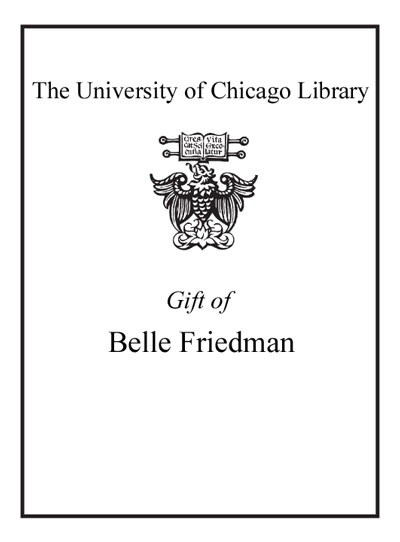| Summary: | Has Werner Büttner's world of images indeed grown funnier, more colorful? Or should one, following Kristian Vistrup Madsen's observations, consider it to be invariably gloomy and oppressive? The latter certainly applies to a work such as "Brüder (Kain + Abel)" from 1983, but no longer in such exclusivity to his most recent works. Here, the bitter singing of "No-Future" by the protagonists of the 1980s is accompanied by a good portion of ironic melancholy and caustic mockery. His use of color has also changed, the earthy tones giving way to a certain signal-like quality, yet without severing the connection to his earlier works. But what led to such a melancholy softening of his worldview? Is it a general consequence of getting older? Or is it based on the more specific consciousness of now actually being too old for the "not-wanting-to-become-like-the-old-folk" (in the 1980s)? Or does everything have its rather simple reason in the realization: "Alcohol (dis-)solves everything," as Rainald Goetz's protagonist Raspe says in his novel "Irre" from 1983? Incidentally, he added to this a consideration that muddled up Nietzsche ("Become who you are") and a former advertising slogan ("You can stay as you are!"): "I don't want to become who I am!" Self-knowledge outshines everything, but still can hardly prevent that madness and confusion continue to play their games with us. Exhibition: CFA Contemporary Fine Arts Berlin, Germany (30.07. - 29.08.2020).
|
|---|

